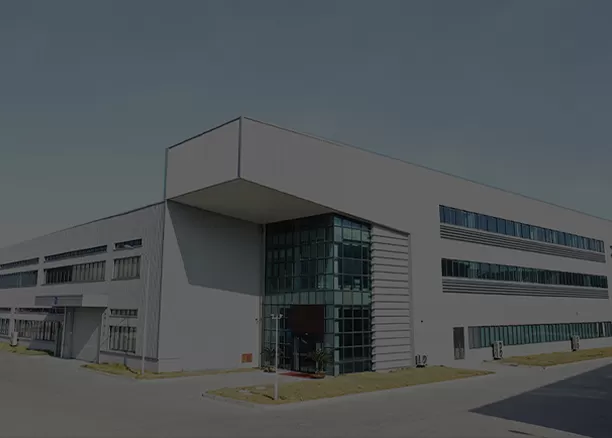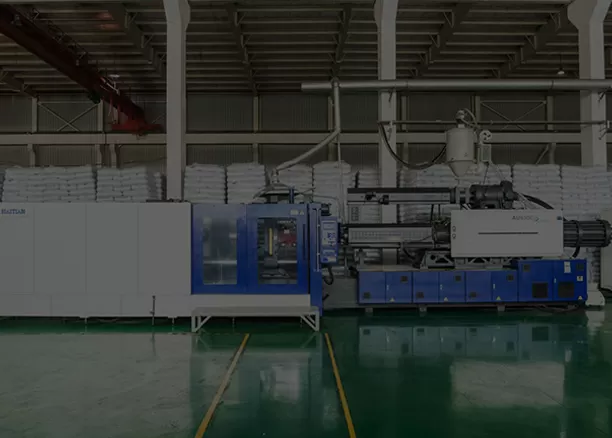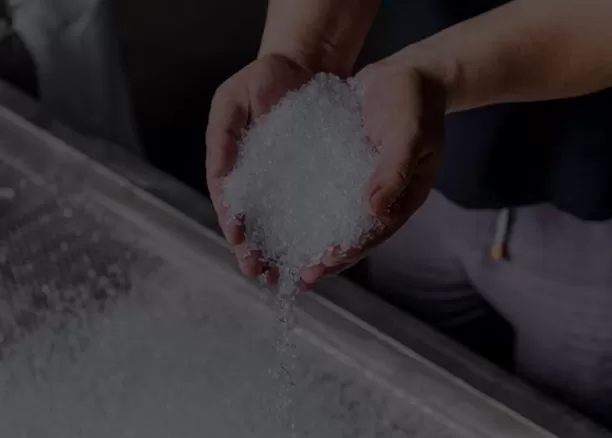Jiangte's construction piping system includes PP-R pipe and Thin-walled stainless steel pipes,both of which are of good quality and can meet the different construction piping needs of customers.
Here are four concise points outlining the advantages of using PE pipes in modern building plumbing systems:

PE pipes are highly resistant to corrosion and chemical reactions, ensuring a longer lifespan and reducing the risk of leaks and contamination, unlike metal pipes which can corrode over time.

The flexibility of PE pipes allows for easy installation around obstacles and in tight spaces. Their durability ensures they can withstand various environmental conditions, including temperature fluctuations and ground movements.

PE pipes are lightweight, making them easier to handle and transport. This reduces labor costs and installation time, as fewer workers and less heavy machinery are needed compared to traditional materials like copper or steel.

PE pipes require minimal maintenance due to their resistance to scaling and buildup. Their long lifespan and reduced need for repairs make them a cost-effective choice for both residential and commercial plumbing systems.
Common materials include copper, PEX (cross-linked polyethylene), PVC (polyvinyl chloride), CPVC (chlorinated polyvinyl chloride), and galvanized steel.
To prevent pipe corrosion, use corrosion-resistant materials, maintain proper water pH levels, and consider installing a water softener if your water is hard. Regular inspections can also help identify early signs of corrosion.
Signs of a plumbing leak include unexplained increases in water bills, damp or discolored walls, ceilings, or floors, mold or mildew growth, and the sound of running water when no fixtures are in use.
It is recommended to have plumbing systems inspected annually by a professional plumber to identify and address potential issues before they become major problems.
PVC (polyvinyl chloride) pipes are typically used for cold water applications and drainage, while CPVC (chlorinated polyvinyl chloride) pipes are treated to withstand higher temperatures and are suitable for both hot and cold water applications.
To improve water pressure, check for and repair any leaks, ensure the main water valve is fully open, clean or replace clogged fixtures, and consider installing a pressure booster pump if necessary.